Summaries of books about Economics:

Kochland
The Secret History of Koch Industries and Corporate Power in America
Christopher Leonard
The book delves into the rise of Koch Industries, one of the largest private corporations in America, examining how it has amassed its power and influence over several decades. It explores the company's internal operations, political maneuverings, and the impact of its business practices on the economy and the environment.
See full summary
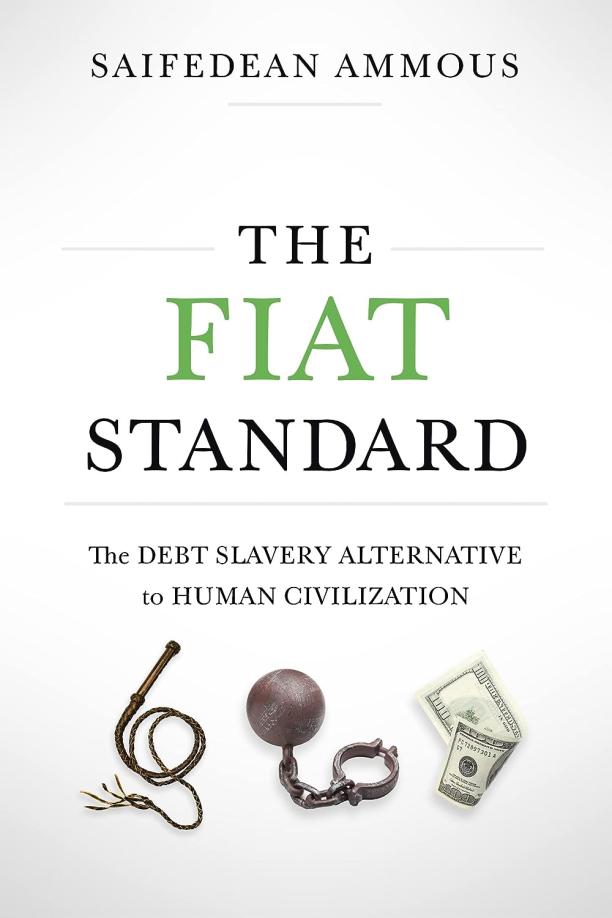
The Fiat Standard
The Debt Slavery Alternative to Human Civilization
Saifedean Ammous
The book critically examines the current fiat currency system, highlighting its role in facilitating debt and economic instability. It contrasts this with the potential of a Bitcoin-based financial system to offer a more sustainable and liberating alternative for global economic practices.
See full summary

Ninety Percent of Everything
Inside Shipping, the Invisible Industry That Puts Clothes on Your Back, Gas in Your Car, and Food on Your Plate
Rose George
The book delves into the world of international shipping, revealing the complexities and importance of the industry that underpins global trade. It provides an in-depth look at the lives of mariners, the environmental impact of shipping, and the economics driving this largely unseen but vital sector.
See full summary
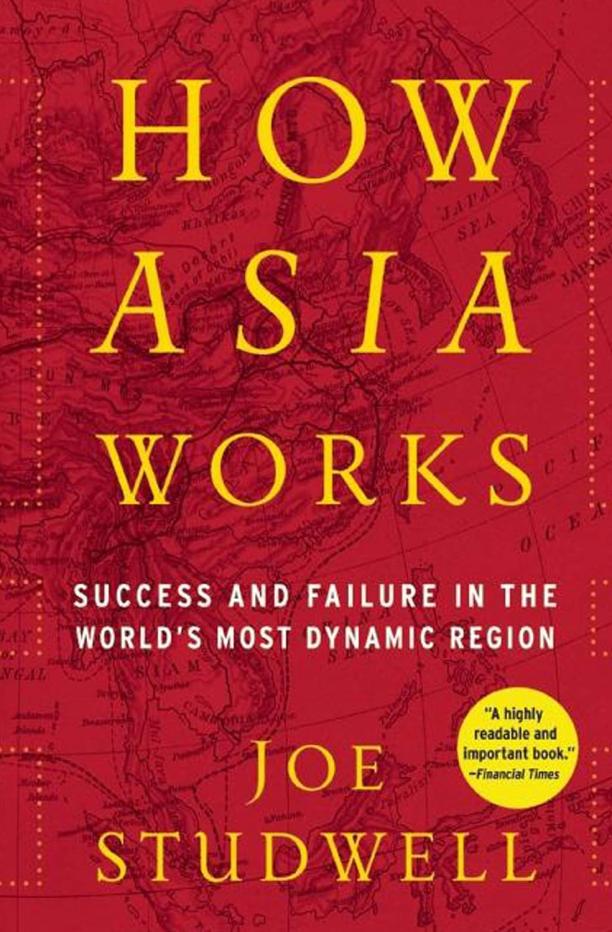
How Asia Works
Success and Failure In the World's Most Dynamic Region
Joe Studwell
The book analyzes the economic development strategies of nine Asian countries, identifying land policy, manufacturing, and finance as key areas that determine success or failure. It contrasts the effective approaches of countries like Japan, South Korea, and China with the less successful policies of others, offering insights into the drivers of growth in the region.
See full summary
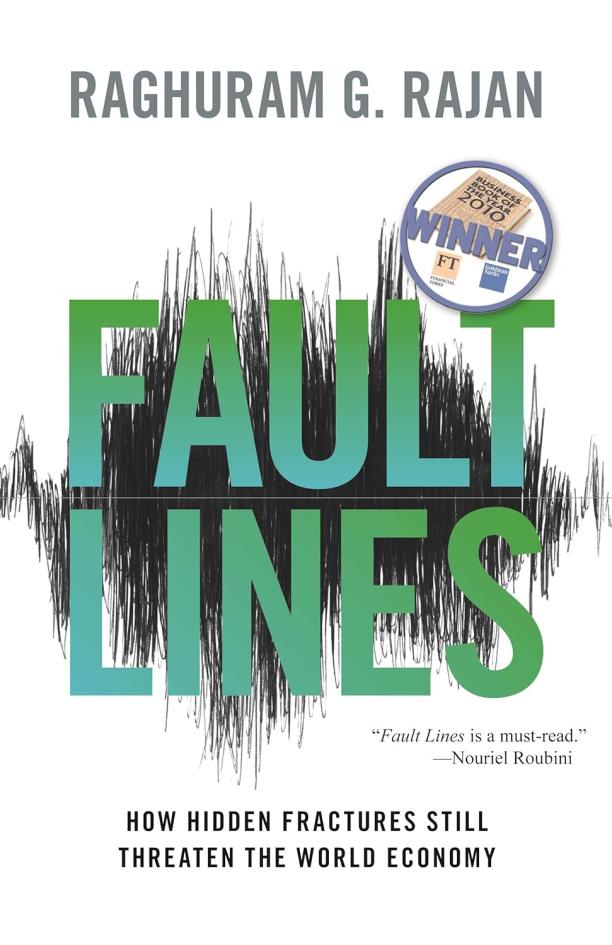
Fault Lines
How Hidden Fractures Still Threaten the World Economy
Raghuram G. Rajan
The book analyzes the underlying economic and social forces that led to the global financial crisis of 2008, focusing on systemic imbalances such as income inequality, trade deficits, and the roles of governments and financial institutions. It also offers insights into potential reforms and policy changes needed to stabilize the global economy and prevent future crises.
See full summary
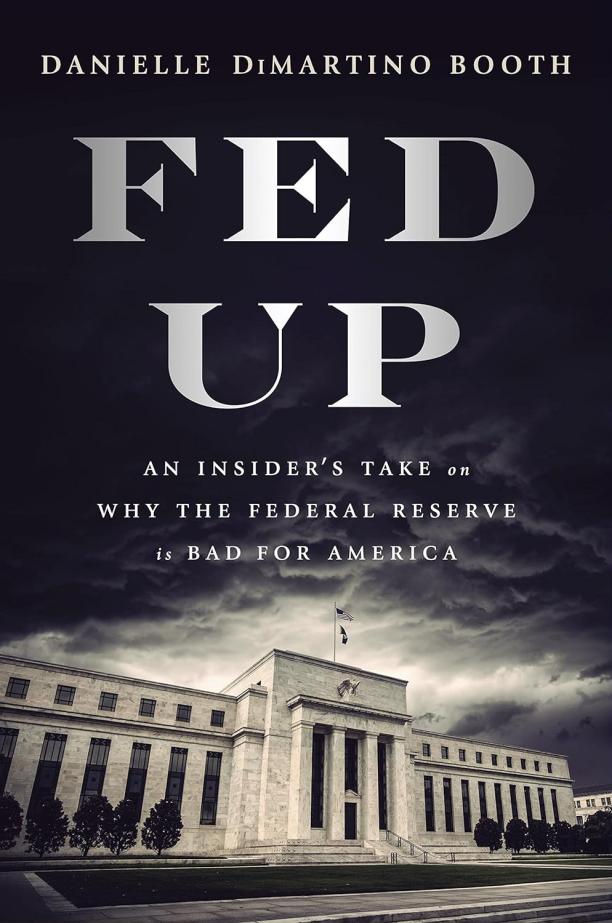
Fed Up
An Insider's Take on Why the Federal Reserve is Bad for America
Danielle DiMartino Booth
The book provides a critical examination of the Federal Reserve from the perspective of a former insider, highlighting how its policies often benefit Wall Street at the expense of Main Street. It argues that the Fed's actions before, during, and after the financial crisis of 2008 have led to increased income inequality and financial instability.
See full summary

Principles of Microeconomics
N. Gregory Mankiw
The book introduces fundamental concepts of economics such as supply and demand, elasticity, consumer choice, and the behavior of firms in various market structures. It also explores topics like the role of government in the economy, market failures, and the implications of international trade and economics for policy decisions.
See full summary
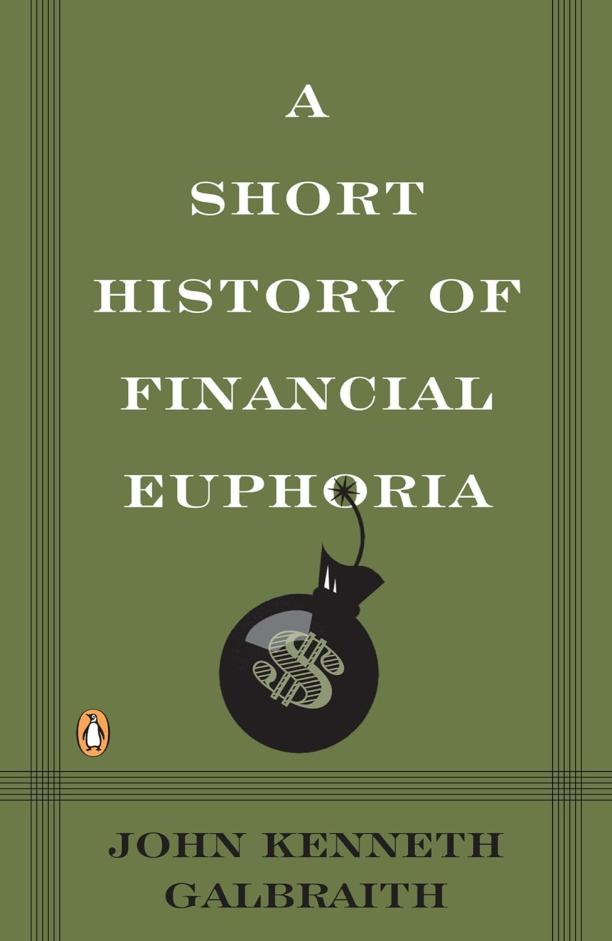
A Short History of Financial Euphoria
John Kenneth Galbraith
The book analyzes the recurring patterns and psychology behind financial bubbles throughout history, illustrating how excessive optimism, herd behavior, and speculation lead to economic crises. It provides case studies of major financial euphoria events, such as the Tulip Mania and the 1929 stock market crash, to demonstrate the folly of investors who believe "this time is different."
See full summary
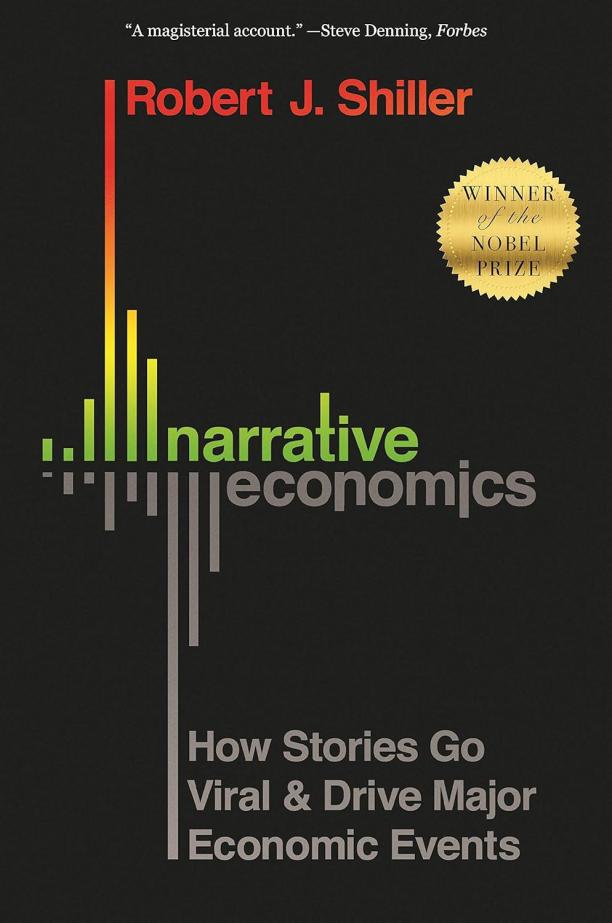
Narrative Economics
How Stories Go Viral and Drive Major Economic Events
Robert J. Shiller
The book explores the impact of popular narratives and storytelling on economic events, arguing that these stories can spread like viruses and significantly influence public behavior and economic outcomes. It examines historical examples and provides a framework for understanding how narratives affect financial markets, consumer decisions, and policy making.
See full summary
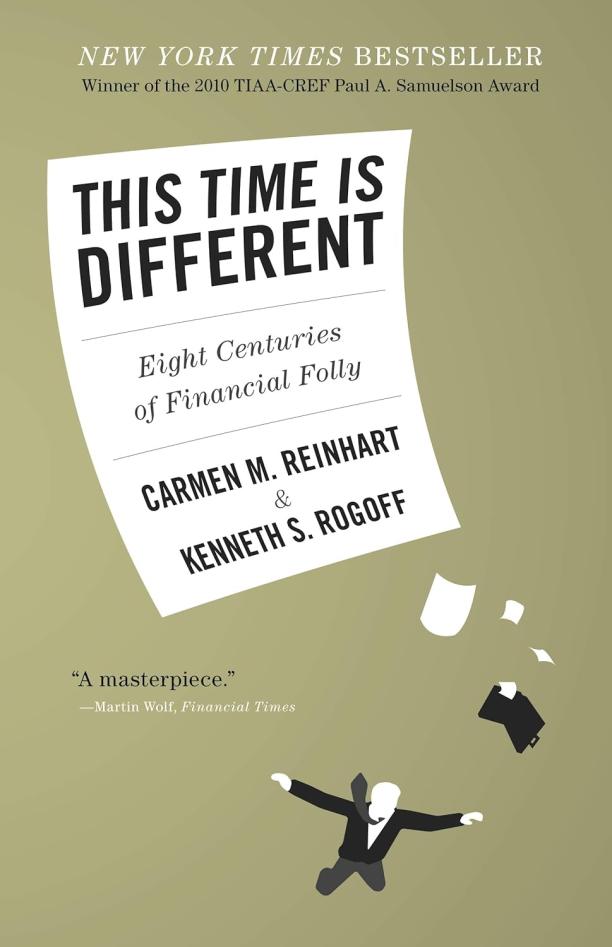
This Time Is Different
Eight Centuries of Financial Folly
Carmen M. Reinhart|Kenneth S. Rogoff
The book provides a comprehensive historical analysis of financial crises over the past 800 years, examining patterns and triggers of sovereign defaults, banking crises, and periods of high inflation. It argues that while economic circumstances and crises may vary, human behavior and the belief that "this time is different" often lead to similar financial disasters across different eras and countries.
See full summary